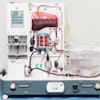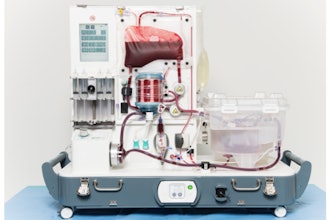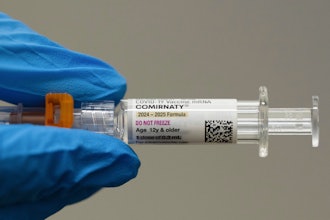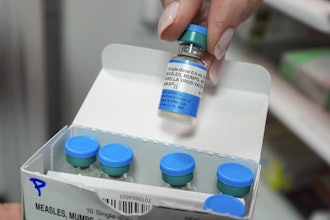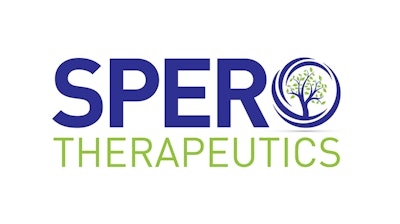
Spero Therapeutics, a multi-asset clinical-stage biopharmaceutical company, will immediately halt current commercialization activities for tebipenem HBr based on feedback from a recent meeting with the U.S. Food and Drug Administration (FDA) regarding Spero’s New Drug Application (NDA) for tebipenem HBr. Although the review is still ongoing and the FDA has not yet made any final determination regarding approvability, the discussion suggested that the data package may be insufficient to support approval during this review cycle, as described below.
In connection with this development, Spero announced that it is reducing its workforce by approximately 75% and restructuring its operations to reduce operating costs and reallocate resources towards the clinical development programs of SPR720 and SPR206, while continuing engagement with the FDA on the appropriate path forward for tebipenem HBr. Based on the anticipated cost-savings of this restructuring and other assumptions, Spero anticipates it will be able to fund its planned operating expenses and capital expenditure requirements pursuant to the priorities of its strategic refocusing through late 2023.
“We are disappointed that the FDA has identified substantive review issues, and we strongly believe that tebipenem HBr would offer healthcare providers, payers and patients an important oral antibiotic alternative to IV treatment for cUTI for patients with limited oral treatment options,” said Ankit Mahadevia, M.D., Chief Executive Officer of Spero Therapeutics. “After careful consideration, and in light of the current FDA position, we have made the strategic decision to transition Spero’s focus and resources to supporting the clinical development of our promising clinical-stage pipeline, including SPR720, aimed at treating non-tuberculous mycobacterial lung disease, and SPR206, aimed at treating MDR gram-negative bacterial infections. Further, we will continue to engage with the FDA on the appropriate path forward for tebipenem HBr. As a result, Spero will immediately refrain from investment in near-term commercialization activities for tebipenem HBr, and instead we will restructure our business to appropriately staff our new focus going forward. We believe these actions will help preserve the ongoing viability of tebipenem HBr’s development program, enabling either eventual commercialization by Spero, or commercialization through potential partnership or other opportunities.”
Tebipenem HBr has been granted Qualified Infectious Disease Product (QIDP), Fast Track and Priority Review designations for treatment of complicated urinary tract infection (cUTI), including acute pyelonephritis. The FDA set a Prescription Drug User Fee Act (PDUFA) target action date for June 27, 2022. On March 31, 2022, Spero announced that as part of the FDA’s ongoing review of Spero’s NDA for tebipenem HBr, the FDA had identified deficiencies that precluded the discussion of labeling and post-marketing requirements/commitments at such time. Spero’s meeting with the FDA was in late April 2022.
In evaluating the efficacy of tebipenem HBr in the Phase 3 (ADAPT-PO) cUTI study, the FDA conducted a separate analysis of the microbiological intent-to-treat (micro-ITT) population, relative to the prespecified analysis as set forth in the previously submitted and reviewed protocol and statistical analysis plan for ADAPT-PO. The effect of this new analysis was to reduce the number of evaluable patients in the primary analysis population compared with those resulting from the trial’s pre-specified micro-ITT population as outlined in the statistical analysis plan. As a result, the FDA considers that the pre-specified non-inferiority (NI) margin of -12.5% was not met. Spero is continuing its dialogue with the FDA, as the company seeks a pathway forward for potential approval of tebipenem HBr.



